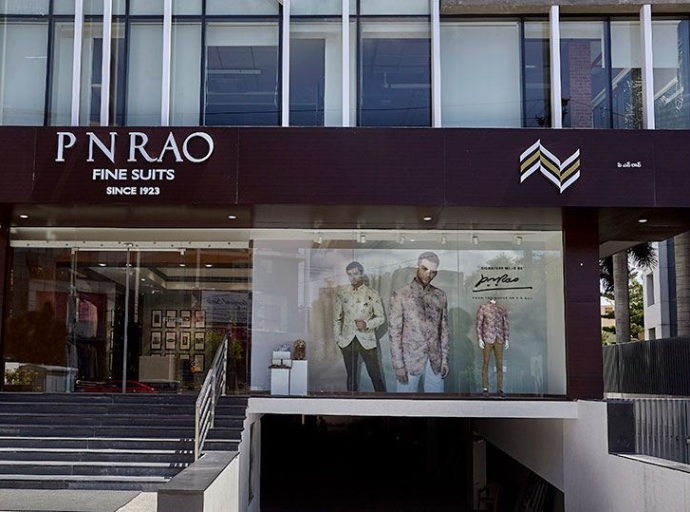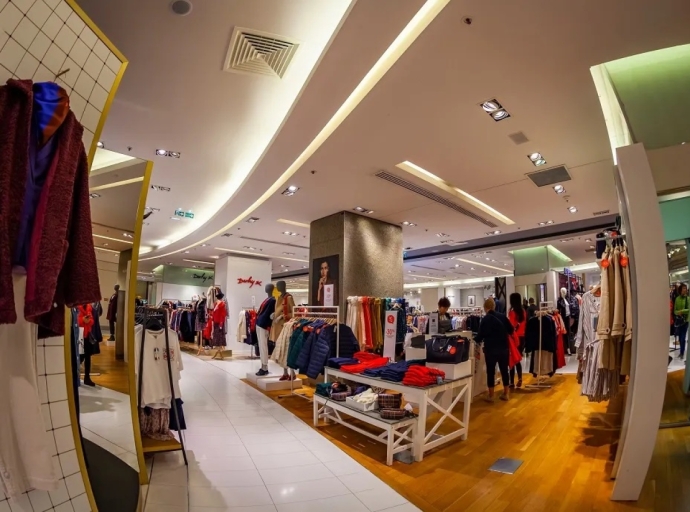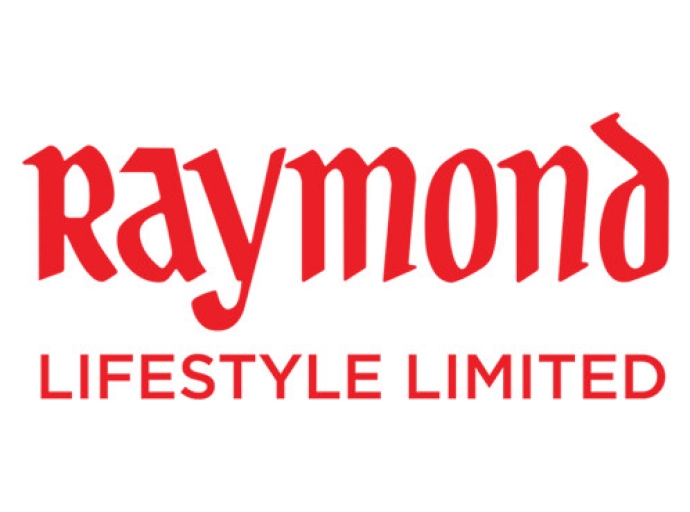Dropshipping, the e-commerce model where retailers sell products without holding any inventory, has stealthily become a global phenomenon. It's a low-barrier-to-entry strategy that empowers entrepreneurs to build online businesses with minimal upfront investment. But how is this model impacting the global and, more specifically, the growing Indian e-commerce landscape, especially in the competitive fashion and apparel sector?
The global dropshipping juggernaut
Globally, dropshipping has witnessed explosive growth, the rise of platforms like Shopify, AliExpress, and SaleHoo has given it a boost. The global dropshipping market was estimated to be worth approximately $162.44 billion in 2023, with a projected CAGR of 23.4 per cent from 2024 to 2030, reveals to Grand View Research. This indicates a potential market size exceeding $700 billion by 2030.
The phenomenon has grown due to falling startup costs as there is no need for warehousing or inventory management. The flexibility and scalability is immense as it’s easy to expand product offerings and reach new markets. Add to it the location independence. Businesses can be run from anywhere with an internet connection.
In fact, numerous successful online stores have been built on the dropshipping model, often specializing in niche markets. Many such stores leverage social media marketing to great effect. However, there are challenges in this business as reliance on third-party suppliers can lead to delays with longer shipping times. Quality control issues could arise due to lack of direct oversight over product quality. Dependence on external suppliers for inventory and fulfilment is an unsaid issue and competition could be intense in this field.
India's nascent dropshipping scene
As the Indian e-commerce market grows, dropshipping is gaining traction. Platforms like Flipkart and Amazon India have built consumer trust, paving the way for D2C and dropshipping companies.
As per Bain & Company, India's e-commerce market is projected to reach $350 billion by 2030. With this rapid growth, dropshipping is expected to have a significant share. According to Anand Ramanathan, Partner and Consumer Industry Leader, Deloitte India, the Indian dropshipping market, currently valued at approximately $1 billion, is expected to reach $5 billion by 2028, growing at an annual rate of 25 per cent.
Kapil Makhija, MD and CEO of Unicommerce eSolutions, highlights that dropshipping currently constitutes over half of e-commerce shipments in India, and he expects this share to grow to 65 per cent in the next five years. Platforms like Shopify and local suppliers are facilitating the growth of dropshipping businesses. The rise in dropship model can largely be attributed to the Covid-19 pandemic.
Challenges to dropshipping in India
Logistics and infrastructure is the biggest challenge particularly in rural areas. The building trust with customers is crucial in India, where online shopping is still evolving. About 30n per cent of dropshippers have reported problems with product quality and delivery times.
Competitive pricing is tough in India, as profit margins for dropshippers can be as low as 10-20 per cent. Logistics and shipping delays are common, affecting around 25 per cent orders. The preference for cash on delivery (COD), which accounts for 65n per cent of transactions, complicates payment processes. And most importantly finding reliable local suppliers is a major bug bear.
Emerging trends
A major trend is the integration of social commerce. Many Indian dropshippers are using platforms like Instagram and Facebook to sell goods. Many entrepreneurs are focusing on selling regional handicrafts and products. Dropshipping has also given a push to the D2C market in India, which has been seeing rapid growth in the past five years. The D2C market in India, valued at approximately $6-8 billion currently, holds 8-10 per cent share of the e-commerce market. What’s more starting a dropshipping business in India is affordable, with initial costs typically ranging between Rs 5,000 and Rs 50,000.
The fashion and apparel sector is particularly well-suited for dropshipping. Its vast product range, ever-changing trends, and demand for niche items make it ideal for this model.
Globally dropshipping has democratized fashion e-commerce, allowing small businesses to compete with established brands. It has enabled the rise of fast fashion and niche fashion brands that cater to specific tastes. It also gives oe the ability to test new fashion trends quickly, by listing products without large inventory commitments.
Closer home, India's diverse textile and apparel industry offers immense potential for dropshipping businesses. Entrepreneurs are leveraging dropshipping to sell traditional Indian wear, contemporary fashion, and accessories. In fact, the rise of social media influencers is driving demand for specific fashion items, creating opportunities for dropshippers.
Many small regional clothing producers are now able to sell their products on a national scale. As Pratik Mukherjee, Business Head-Beauty, House of Masaba, says, dropshipping has become an important practice in a high AOV (average order value) business or premium products, like fashion, and bridal products, when the products range between Rs 5,000 and Rs 1 lakh and above.
Many small Indian online stores are specializing in selling customized apparel, such as printed T-shirts or personalized accessories, through dropshipping. These stores often leverage social media marketing to reach their target audience. Regional textile products are also being sold through dropshipping, allowing artisans and small businesses to reach a wider customer base. The rise of online boutiques that curate niche fashion items from various suppliers, are leveraging dropshipping to offer a unique selection.
As technology continues to advance and e-commerce evolves, dropshipping is likely to become even more prevalent. The integration of AI, automation, and improved logistics will further streamline the process. Automation, demand forecasting, and data analytics are helping manage the stock at the dropshipper. However, businesses must prioritize customer satisfaction, quality control, and supplier reliability to thrive in this competitive landscape. In India, overcoming logistical hurdles and building trust will be crucial for the continued growth of dropshipping. As the Indian market matures, it is expected that more local suppliers will come online, and that the quality of service will increase.





































